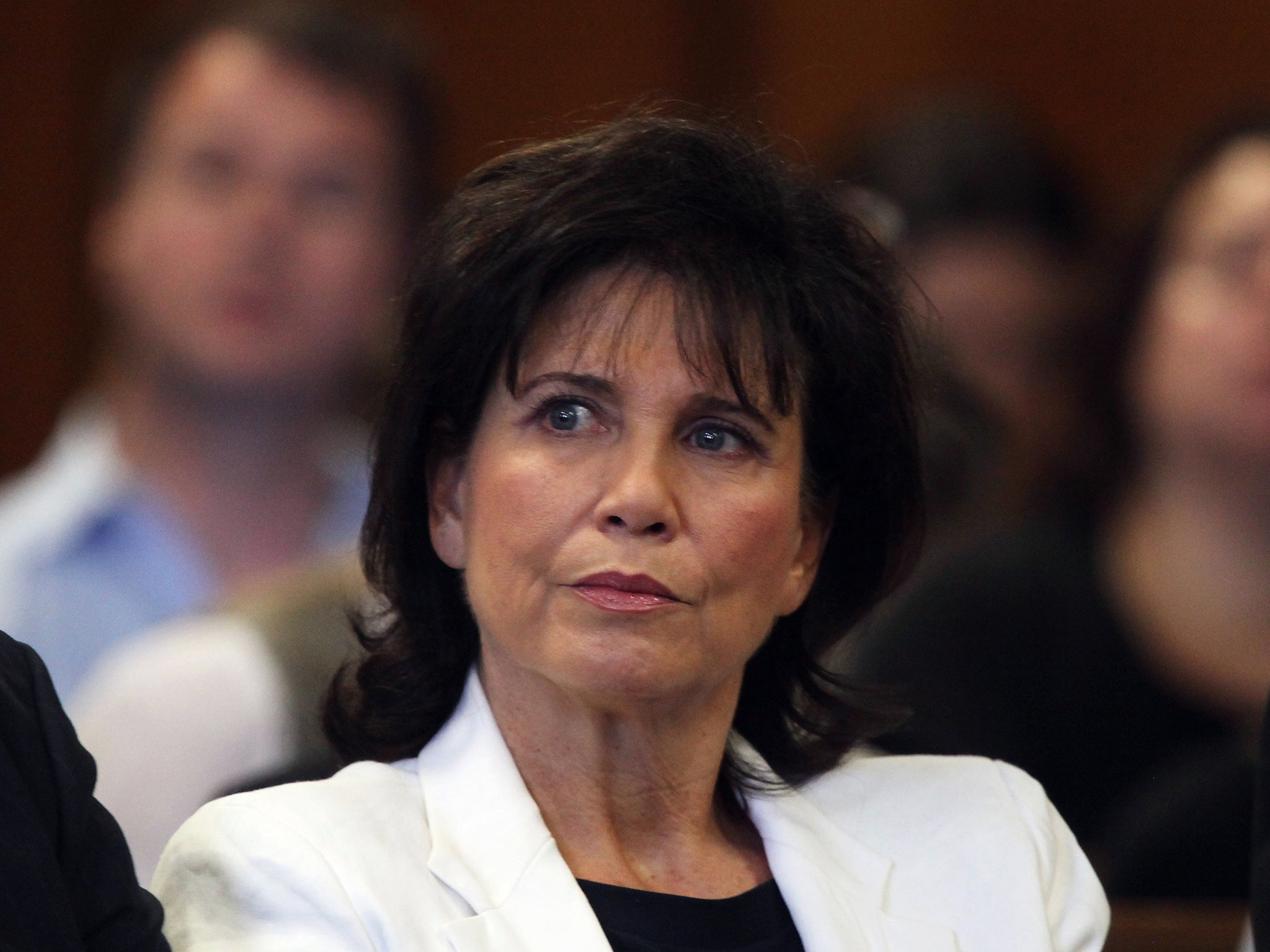My Grandfather’s Gallery by Anne Sinclair, book review: Amazing stories of fleeing from the Nazis ruined by author
She should hand this treasure trove of information she has failed to mine to a proper biographer

Your support helps us to tell the story
From reproductive rights to climate change to Big Tech, The Independent is on the ground when the story is developing. Whether it's investigating the financials of Elon Musk's pro-Trump PAC or producing our latest documentary, 'The A Word', which shines a light on the American women fighting for reproductive rights, we know how important it is to parse out the facts from the messaging.
At such a critical moment in US history, we need reporters on the ground. Your donation allows us to keep sending journalists to speak to both sides of the story.
The Independent is trusted by Americans across the entire political spectrum. And unlike many other quality news outlets, we choose not to lock Americans out of our reporting and analysis with paywalls. We believe quality journalism should be available to everyone, paid for by those who can afford it.
Your support makes all the difference.Anne Sinclair’s grandfather, the French art dealer Paul Rosenberg, was a friend and champion of Picasso, Matisse and Braque who owned one of the most famous and influential galleries of the 20th century.
He and Picasso would summer in the south of France and were part of a circle including F Scott Fitzgerald, Stravinsky and Ravel, until the Nazi invasion meant flight to America with the loss of 400 valuable paintings, of which around 60 remain missing to this day.
It is a fascinating story but not, until recently, for Sinclair. She is hailed as France’s best-known journalist (and is also the ex-wife of disgraced International Monetary Fund boss Dominique Strauss-Kahn). Yet for most of her life her journalistic instincts failed her on the cracking story that was her own family history. “For years I had refused to listen to the stories of the past told over and over again by my mother…It even bored me a bit.”
Then, in 2006 her mother died and she inherited stacks of papers and photographs. When – having turned 60 – she eventually paid attention, she was “suddenly unable to contain my curiosity”. For art-lovers, there are incidents to be treasured in the story Sinclair uncovers, such as Rosenberg’s visit to Renoir just before the painter died and a large central section – the highlight of the book – describing the dealer’s relationship with Picasso. There is even the skeleton in the closet in the discovery that her grandmother, Paul’s wife, had an affair with rival dealer Georges Wildenstein.
But the book jumps about so that several incidents, such as the Nazis’ raid on the bank safe Rosenberg believed impregnable, are repeated. A great memoir need not be linear in narrative but Sinclair is often simply confusing as she dashes within a page from Rosenberg opening his gallery in 1905 to trying to reclaim it post-war. It is also a little slapdash: Floirac, the Bordeaux town where the Rosenbergs rented a house when war was first declared, appears as Floriac at one point.
Perhaps her fame persuaded Sinclair that it was appropriate to weave her own unriveting reminiscences (and irritatingly coy references to the Strauss-Kahn scandal) together with Rosenberg’s genuinely intriguing biography.
It may indeed be the case that if you were among the audience for her 7 sur 7 TV show, which had some of the highest ratings in France, her early memories of the New York art world might have some interest. But this volume is sub-titled “A legendary art dealer’s escape from Vichy France” and that is a story that deserves to be properly told.
Sinclair tells us of the ration cards, the letters from Matisse and the heating bills that were among the private papers from Floirac alone, but none of these is used to conjure her grandfather’s life, even allowing for her ambition to write an “homage” rather than a biography.
She should hand this treasure trove of information she has failed to mine to a proper biographer. My Grandfather’s Gallery is not elegant enough to be a story of discovery, nor sufficiently thorough to do justice to an important dealer.
At the end, Sinclair refers cryptically to “the chaos of my recent reality” and her “forced turbulent stay in America” presumably indicating the period when Strauss-Kahn faced sexual assault charges, eventually dropped.
“But that of course is another story. If I were a journalist, I might one day write a book about it,” she says teasingly. If she were a journalist, she might have written a great book about her grandfather first.
Join our commenting forum
Join thought-provoking conversations, follow other Independent readers and see their replies
Comments